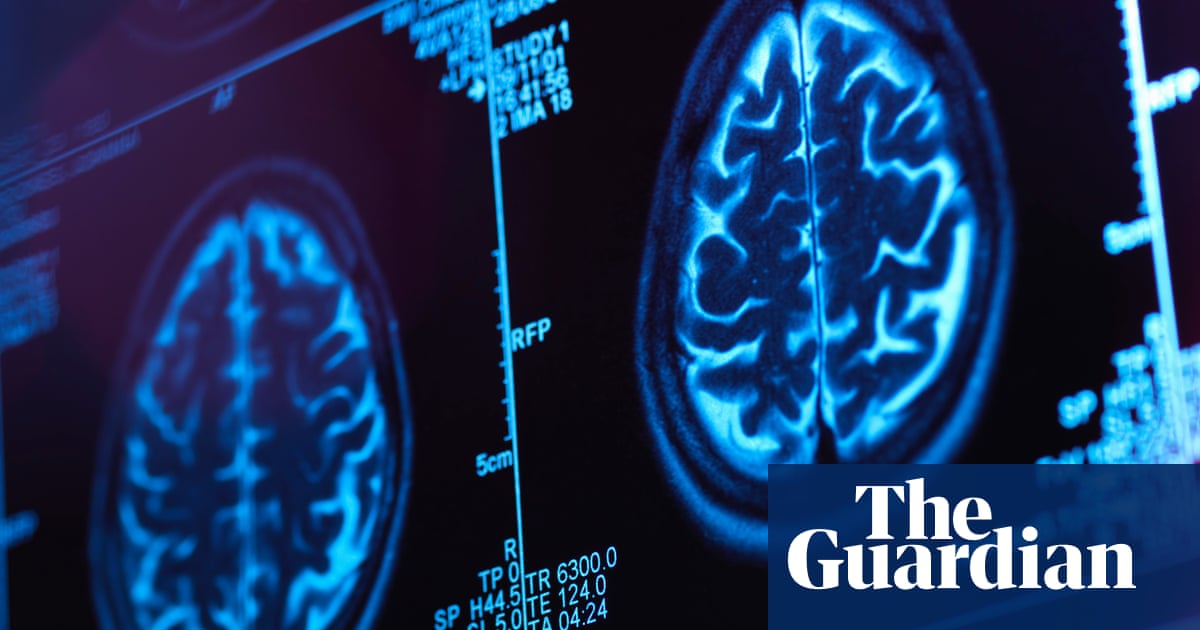A smartphone app could help detect a leading cause of early-onset dementia in people who are at high risk of developing it, data suggests.
Scientists have demonstrated that cognitive tests done via a smartphone app are at least as sensitive at detecting early signs of frontotemporal dementia in people with a genetic predisposition to the condition as medical evaluations performed in clinics.
Frontotemporal dementia is a neurological disorder that often manifests in midlife, where the part of the brain responsible for skills such as the capacity to plan ahead and prioritise tasks, filter distractions and control impulses, shrinks as the disease progresses.
About a third of such cases have a genetic cause, but research into the condition has been hampered by problems with early diagnosis and difficulty tracking how people are responding to treatments that may only be effective during the early stages of disease.
“Most frontotemporal dementia patients are diagnosed relatively late in the disease, because they are young, and their symptoms are mistaken for psychiatric disorders,” said the study’s senior author, Prof Adam Boxer, at the University of California, San Francisco.
Smartphones are already attracting interest as a tool for diagnosing and assessing Alzheimer’s, Parkinson’s and Huntington’s diseases. To investigate their utility in frontotemporal dementia, Boxer and his colleagues collaborated with the US-based software company Datacubed Health to develop an app that could record people’s speech while they engaged with several cognitive tests, including executive functioning assessments.
“We also created tests of walking, balance and slowed movements, as well as different aspects of language,” said Dr Adam Staffaroni, a clinical neuropsychologist at the University of California, San Francisco, and the study’s first author.
They tested the app in 360 adults at high genetic risk of developing frontotemporal dementia, including some who had not developed any obvious symptoms yet.
The research, published in JAMA Network Open, found that the app could accurately detect dementia in such individuals, and might even be more sensitive to the earliest stages of the condition than gold-standard neuropsychological evaluations that are usually performed in clinics.
Although there are no immediate plans to make the app available to the public, Staffaroni said it could help bolster research into the condition.
More than 30 such clinical trials are under way or in the planning stages, including trials of therapies that might help to slow progression of the disease in some gene carriers. “A major barrier has been a lack of outcome measures that can be easily collected and are sensitive to treatment effects at early stages of the disease.”
Frequent in-person assessments are also burdensome for patients, caregivers and clinicians. “We hope that smartphone assessments will facilitate new trials of promising therapies,” Staffaroni said.
“Eventually, the app may be used to monitor treatment effects, replacing many or most in-person visits to clinical trials’ sites.”







